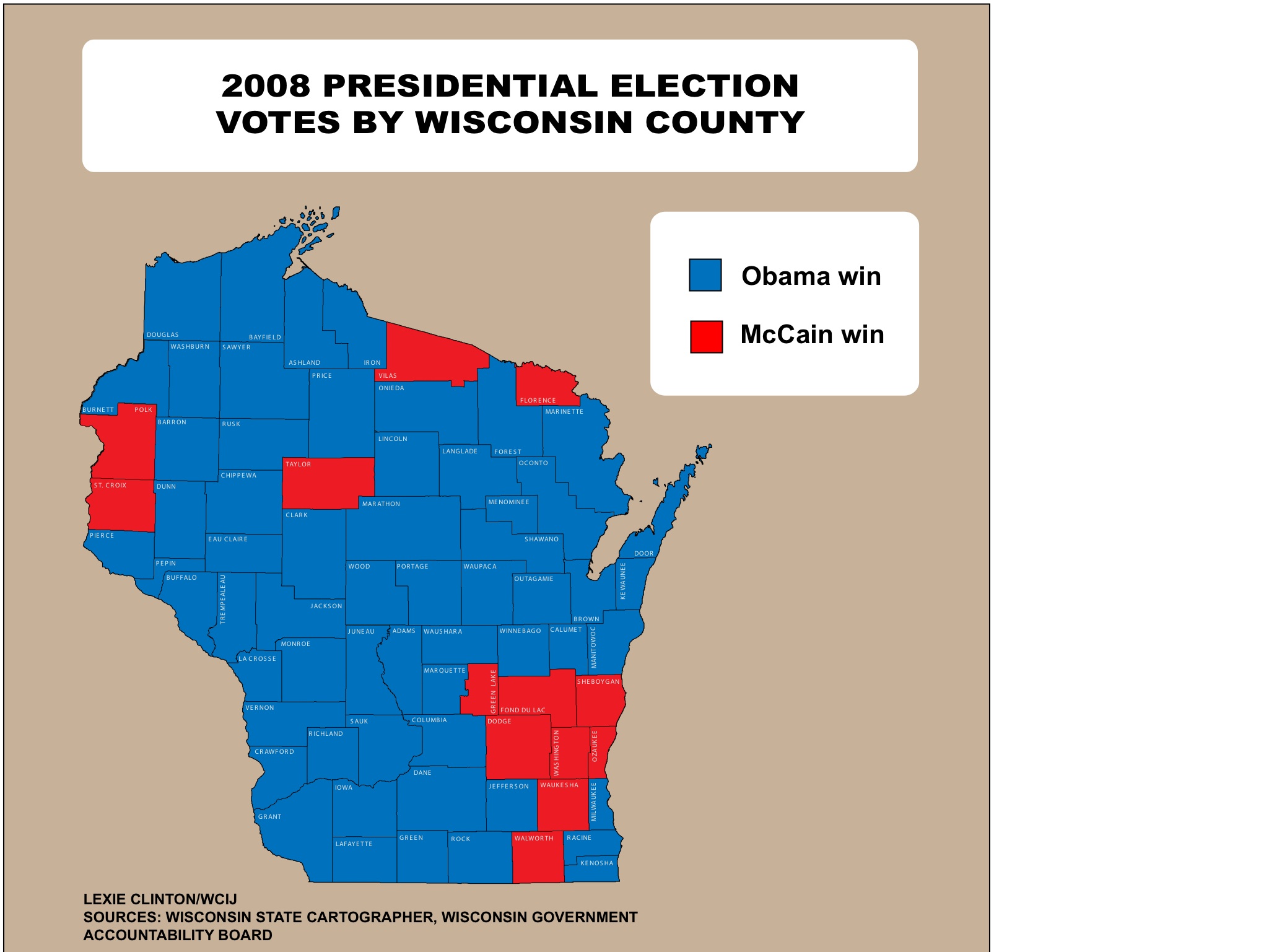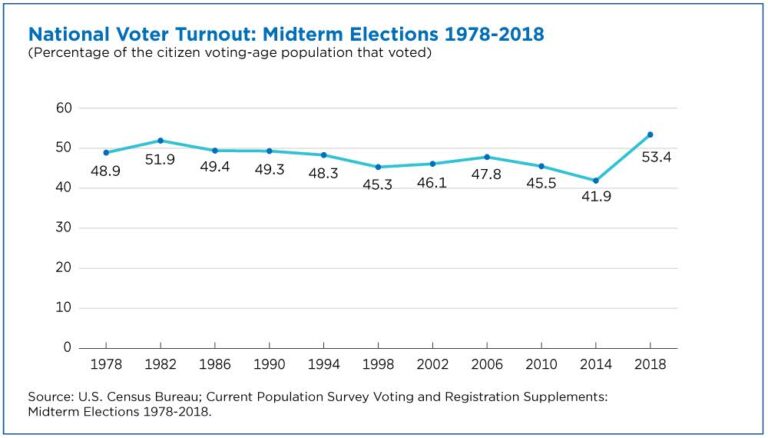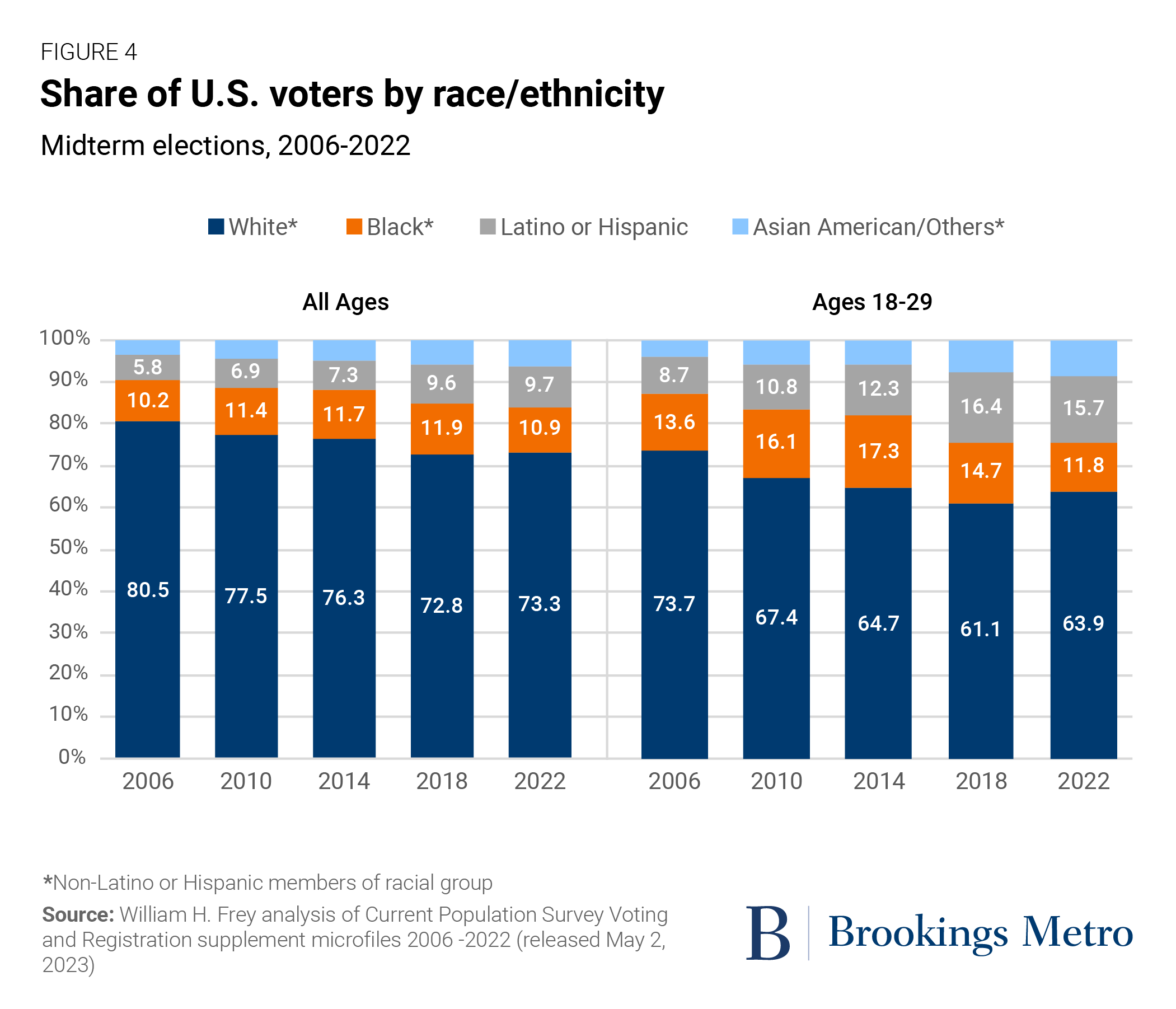Sundar Pichai On DOJ Antitrust Suit: Potential Demise Of Google Search

Table of Contents
The DOJ Antitrust Suit Against Google: A Deep Dive
The DOJ's antitrust lawsuit against Google alleges that the company has engaged in anti-competitive practices to maintain its stranglehold on the online search market. This "Google dominance" is being challenged on grounds of stifling competition and harming consumers. The core of the lawsuit revolves around Google's alleged manipulation of its search algorithm to favor its own products and services over those of competitors, creating an unfair advantage.
The DOJ claims this anti-competitive behavior manifests in several ways:
- Search Bias: Google allegedly prioritizes its own products (like Google Shopping, Google Maps, and YouTube) in search results, even when competitors offer superior alternatives. This "search bias" is argued to unfairly disadvantage rival businesses.
- Exclusionary Agreements: The lawsuit alleges that Google entered into agreements with mobile device manufacturers and carriers, requiring them to pre-install Google Search and Chrome as the default search engine and browser. This practice, the DOJ argues, effectively locks out competitors and prevents them from gaining a foothold in the market.
The potential impact of these practices on competitors and consumers is significant. Competitors are denied a fair chance to compete, potentially leading to reduced innovation and less choice for consumers. The DOJ's legal arguments center on violations of antitrust laws designed to protect competition and prevent monopolies.
Sundar Pichai's Response and Defense Strategy
Sundar Pichai, Google's CEO, has publicly defended the company's practices, asserting that Google Search provides users with the best possible search experience. Google's defense strategy largely hinges on arguing that its practices are pro-competitive and beneficial to users.
- Key Arguments: Google contends that its search algorithm is designed to deliver the most relevant and useful results to users, and that the placement of its own products is a natural outcome of this process. They also argue that users actively choose Google's products and services.
- Evidence: Google likely intends to present data on user search behavior and preferences to support its claim that users are satisfied with its search results and products. They might also highlight the numerous choices users have in selecting search engines and other services.
- Potential Weaknesses: A key weakness in Google's defense could be the difficulty in definitively proving that its search algorithm's prioritization of its own products is purely based on merit and not on an intent to stifle competition. The sheer dominance of Google Search in the market could also be used against them.
Potential Outcomes and Impact on Google Search
The outcome of the DOJ antitrust suit could significantly impact Google Search and the broader tech industry.
- Scenario 1: Google Loses: If Google loses the case, potential outcomes include substantial fines, forced divestiture of certain assets (such as Google Shopping), or structural changes designed to increase competition. This could significantly alter Google Search's features and its market share.
- Scenario 2: Google Wins or Settles: A win or a favorable settlement would allow Google to maintain its current market dominance, but it might involve concessions, such as changes to its agreements with device manufacturers or its search algorithm. This would determine the level of increased competition in the market.
- Impact on User Experience: Changes to Google Search, whether mandated by a court order or implemented voluntarily, could impact user experience. For example, if Google is forced to de-emphasize its own products in search results, users might see different results, potentially affecting their search experience.
Alternative Search Engines and the Future of Search
The DOJ suit has spurred increased interest in alternative search engines. Companies like DuckDuckGo, Bing, and Startpage are seeking to capitalize on potential dissatisfaction with Google Search and concerns about its dominance.
- Comparison: These alternatives often highlight features such as enhanced privacy, different algorithms, or a focus on specific niches. While they offer viable alternatives, they currently lack the vast resources and established infrastructure of Google.
- Strengths and Weaknesses: While some offer strong privacy protections (DuckDuckGo), others might have less comprehensive indexing or fewer advanced features. The challenge for these competitors is to overcome Google’s network effects and brand recognition.
- Long-Term Outlook: The long-term outlook for the search engine market depends heavily on the outcome of the DOJ suit. Increased competition could lead to innovation and better user experiences, while a continued Google monopoly might stifle innovation.
Conclusion: The Future of Google Search in the Shadow of the DOJ Suit
The "Sundar Pichai on DOJ Antitrust Suit" case represents a pivotal moment for Google Search and the future of online search. The DOJ's allegations, Google's defense, and the potential outcomes all have significant implications for competition, innovation, and the user experience. Sundar Pichai's response and Google's defense strategy will be crucial in determining the ultimate impact of this lawsuit. To stay abreast of the ongoing developments in this landmark case and the impact of the DOJ antitrust suit on Google Search under Sundar Pichai's leadership, follow reputable news sources and legal analysis covering the trial. The future of online search may well depend on the resolution of this crucial legal battle.

Featured Posts
-
 Florida And Wisconsin Election Turnout Understanding Shifting Political Dynamics
May 02, 2025
Florida And Wisconsin Election Turnout Understanding Shifting Political Dynamics
May 02, 2025 -
 Kivalo Minosegu Mecsek Baromfi Termekek Kme Vedjegy Biztonsaga
May 02, 2025
Kivalo Minosegu Mecsek Baromfi Termekek Kme Vedjegy Biztonsaga
May 02, 2025 -
 Review Hasbros Star Wars Shadow Of The Empire Dash Rendar Figure
May 02, 2025
Review Hasbros Star Wars Shadow Of The Empire Dash Rendar Figure
May 02, 2025 -
 Dalys Late Show England Edges France In Six Nations Thriller
May 02, 2025
Dalys Late Show England Edges France In Six Nations Thriller
May 02, 2025 -
 How To Prepare For A Dragons Den Pitch
May 02, 2025
How To Prepare For A Dragons Den Pitch
May 02, 2025
Latest Posts
-
 Bbc Two Hd Newsround Broadcast Times
May 02, 2025
Bbc Two Hd Newsround Broadcast Times
May 02, 2025 -
 The 2024 Midterm Elections Examining Voter Turnout In Florida And Wisconsin
May 02, 2025
The 2024 Midterm Elections Examining Voter Turnout In Florida And Wisconsin
May 02, 2025 -
 Florida And Wisconsin Election Turnout Understanding Shifting Political Dynamics
May 02, 2025
Florida And Wisconsin Election Turnout Understanding Shifting Political Dynamics
May 02, 2025 -
 Analyzing The 2024 Election Key Insights From Florida And Wisconsin Turnout
May 02, 2025
Analyzing The 2024 Election Key Insights From Florida And Wisconsin Turnout
May 02, 2025 -
 Bbc Two Hd Programme Guide When Is Newsround On
May 02, 2025
Bbc Two Hd Programme Guide When Is Newsround On
May 02, 2025
